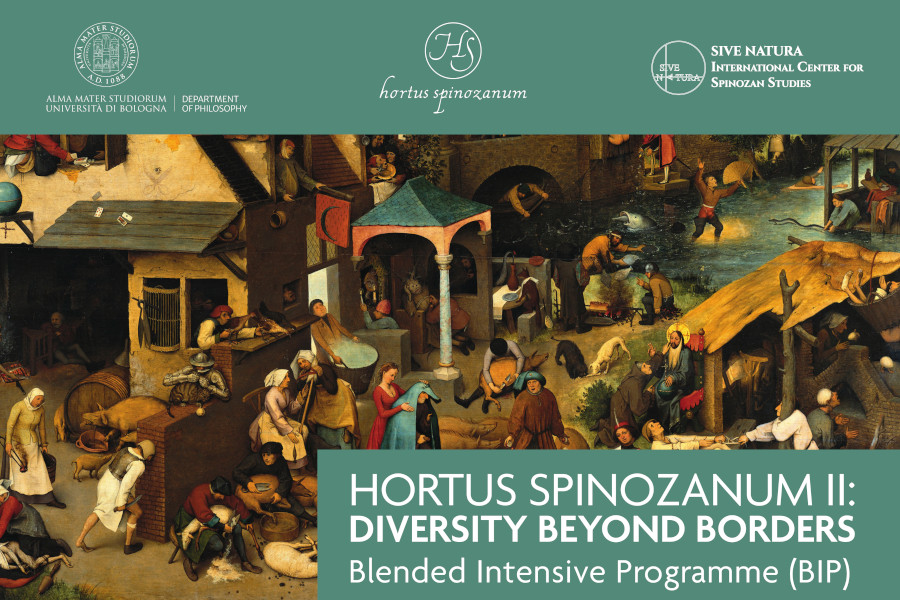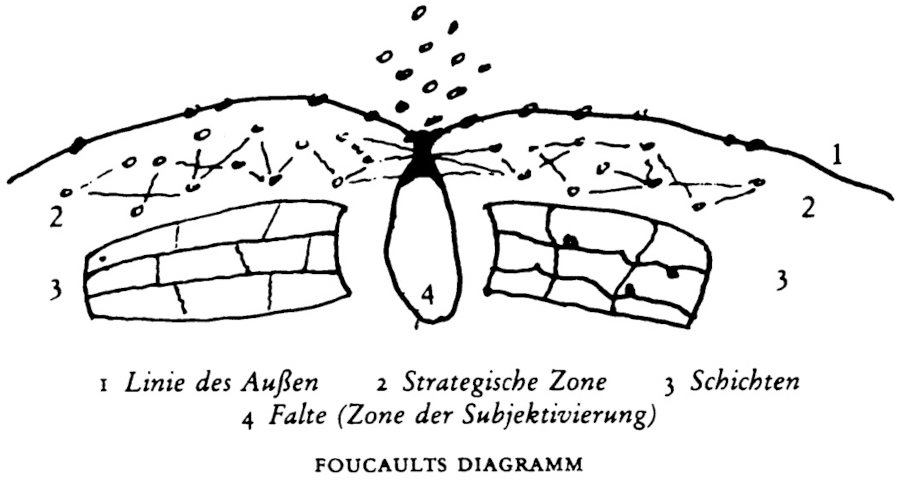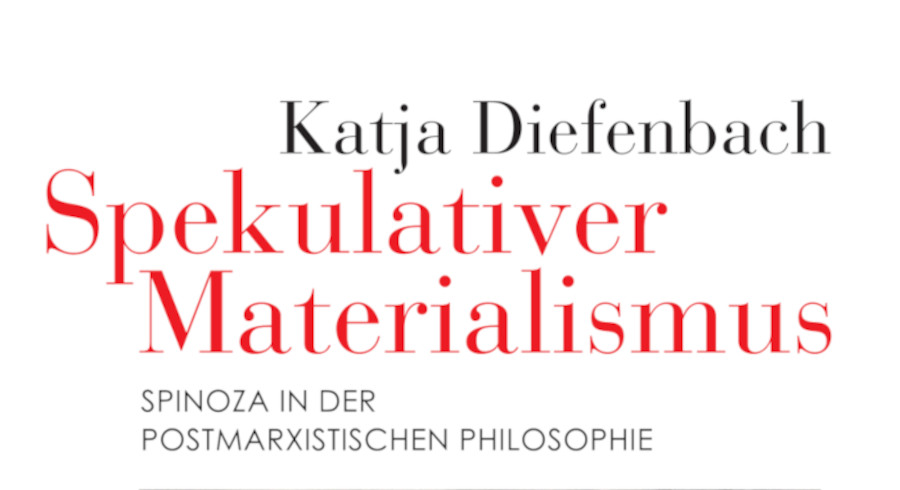Prof. Dr. Katja Diefenbach
The professorship poses the following questions and tasks:
Within modern orders, there is an insistence on something that eludes the reflective organization of these orders, forming their uneconomic remainder or unrecuperable surplus. Few topics are more controversially discussed in continental philosophy and cultural studies than the question of how this surplus can be understood, and to what extent it stabilizes or destabilizes socio-cultural order systems, initiating cybernetic or emancipatory upheavals. From this perspective, which is aware of ambivalence, the professorial team dedicates itself to the cultural and continental philosophical discussion of transformative and transversal societal practices. The fact that the concept of culture is presented in plural form implies a dual program: On one hand, it involves the critique of European cultural concepts that, since modern times, have claimed to summarize the entirety of a period's or so-called people's achievements in a collective singular, to justify ascending stages of civilization, fictitious communities, and hierarchical demarcations between nature and culture, the other and the self, myth and logos, and to inscribe them into colonial-capitalist legitimization narratives. On the other hand, the plural of cultures affirms that cultural philosophies have so far successfully refrained from prescribing a fixed subject area; instead, they analyze transformations of the social, cultural, and economic within a pluralistic approach of methodology and questioning. They continually ask, through which forms of exchange and value, kinds of ownership and appropriation, knowledge dispositives, speech acts, rites, and games societal divisions are instituted, reinstituted, or overturned. The professorial team follows a transcultural and entanglement-logical approach that operates within the context of (post-)structuralist, decolonial, and (post-)Marxist theories. Ruptures are philosophically reflected upon starting from differential, often transcontinental contact zones in micro- and macrological dimensions, with special consideration of historical violence, (post)colonial, and capitalist socialization processes.
The research focus of the professorship includes:
- Contemporary French philosophy and epistemology, particularly poststructuralism, deconstruction, and (post-)Marxism
- The reception of French philosophy in cultural, postcolonial, and gender studies
- Concepts of culture, time, and practice in aesthetic and political philosophy
- Theories of transmodernity and transculturality with special consideration of historical violence, (post)colonial, and capitalist socialization processes
- Interrelations between European philosophical and colonial history, critical philosophy of race
- Theories of the event and uprising
- Spinoza research


